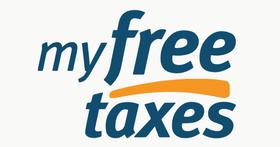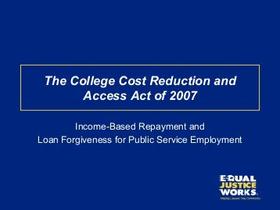After they scrape together the necessary cash to pay tuition fees, community college students find that their financial obligations are far from over. The rising costs of textbooks and other necessary supplies have put more than one college student into a deep financial hole, forcing some to choose between their necessary resources and rent for the month.
To help students plan more efficiently for the cost of textbooks each semester, a new law has been put in place to require college professors to disclose the precise costs of textbooks before a student commits to their classes, according to a report in the Pittsburgh Post-Gazette.
Lower Prices
In addition to helping students plan for the cost of higher education more accurately, the new law will also increase awareness and competition in the textbook market, lowering the cost of textbooks overall.
This is good news to students who may spend hundreds of dollars every semester to stock their dormitory bookshelves with the necessary supplies. A report in the Washington Post two years ago estimated that some college students pay between $700 and $1,100 each year on textbooks. Between 1986 and 2004, the price of a college textbook tripled, with an annual increase of around 6% each year – nearly double the rate of inflation.
"It's really hard just paying for tuition alone," Annaiis Wilkinson told the Washington Post. The 19-year-old Trinity Washington University student paid about $500 in textbooks each semester just two short years ago. For community college students who are already strapped for cash, that extra $500 can be nearly impossible to cover.
The Higher Education Opportunity Act
The new law, titled the "Durbin's College Textbook Affordability Act," was the brainchild of Assistant Majority Leader Richard Durbin, D-Ill, according to the Indiana Daily Student. Durbin told the publication, "I've visited campuses and started talking to parents and others, heard a lot of talk about textbooks and that this was a growing expense." The law is a part of the Higher Education Opportunity Act, enacted by the senate two years ago.
According to the website for the U.S. Department of Education, The Higher Education Opportunity Act was enacted in 2008 and reauthorizes the Higher Education Act of 1965. Within the act, some programs have changed and new programs have been developed. The specific provision involving textbooks requires textbook publishers to provide detailed information to faculty using their resources. According to the Student Press Law Center, required information includes the following:
- The price of the textbook
- The copyright dates of the last three editions
- A description of content changes
- Whether the text is available in other formats and the price of the options
- The prices of bundled and unbundled textbooks available in sets
By making this information public, student journalists will be equipped to educate students and faculty about textbook prices. Frank LoMonte, executive director of the Student Press Law Center said on the SPLC website, "Once the pricing information is in the hands of college employees, then at a public institution, you should be able to use open records law to get access to it. If there's one thing that students universally complain about, at every level of institution, it's the cost of textbooks. So publicizing pricing information is a valuable public service that the student media can provide."
Durbin agrees that making the information public for professors and students alike is an important feature of the act. He told the Indiana Daily Student, "Professors don't know the prices of textbooks, which is hard to believe, but it's true. Professors don't know. Now, there is no excuse."
In addition to disclosing the cost of textbooks and other vital information about the books themselves, the act will require publishers to sell items in a textbook bundle separately. This means students will not be automatically required to purchase study guides, CDs and other accessories that often accompany textbooks unless they choose to do so. Finally, the information will be available before and during the registration process, ensuring students can select their courses with their budgets in mind.
"Publishers have to comply with it and universities have to take it seriously," Durbin stated. "They will understand the rights under the law and make them work for them." With the cost of textbooks rising at twice the rate of inflation today, ensuring students know what they will have to pay for their textbooks really is a law that makes sense to the average community college student on a tight budget.
Questions? Contact us on Facebook. @communitycollegereview
#communitycollege #expensivetextbooks







































































